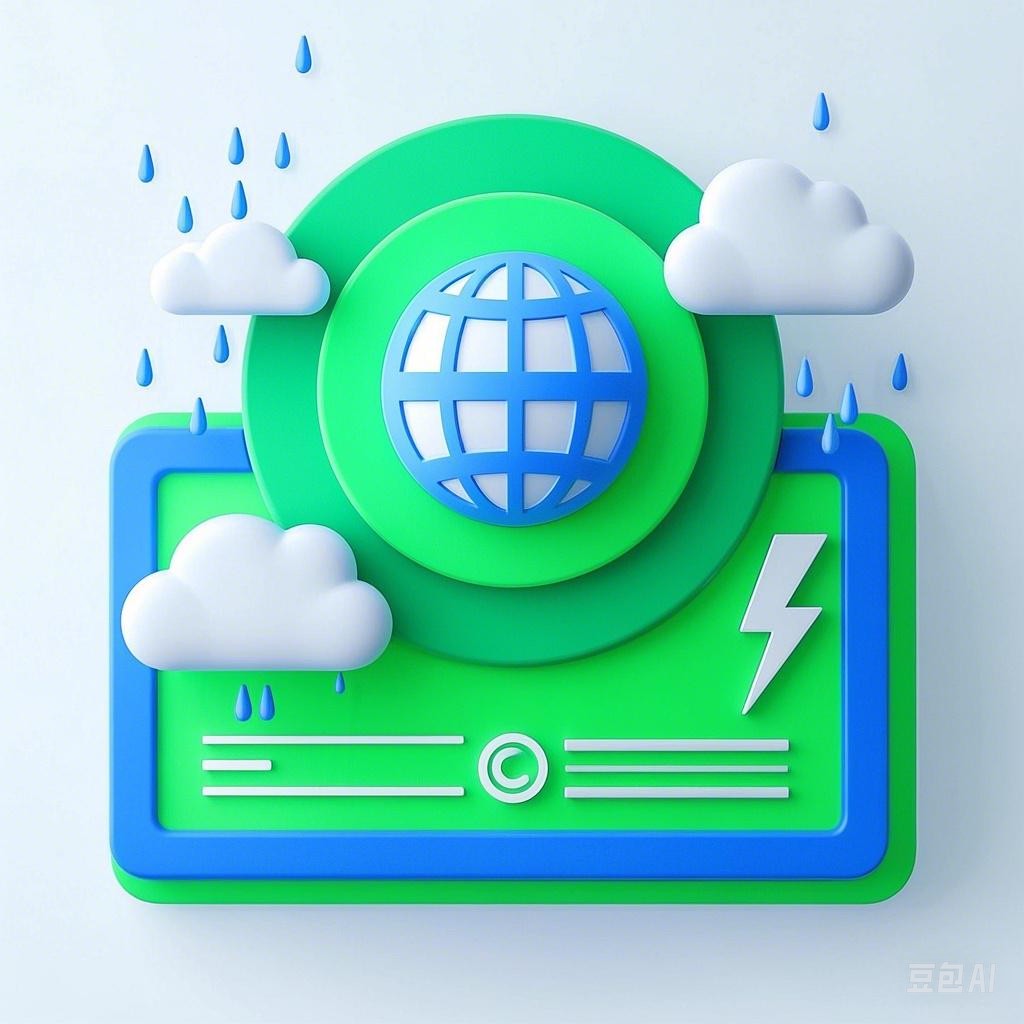引言
随着城市化进程的加快,市政设施在城市运行中扮演着越来越重要的角色。然而,自然灾害和人为因素都可能对市政设施造成损害,影响城市安全。本文将深入探讨市政设施灾害防范的策略,以期为城市安全提供有力保障。
一、灾害类型及影响
1. 自然灾害
自然灾害主要包括地震、洪水、台风、暴雨等。这些灾害往往具有突发性和破坏性,对市政设施造成严重影响。
2. 人为因素
人为因素主要包括交通事故、施工损坏、盗窃等。这些因素可能导致市政设施损坏,甚至引发安全事故。
二、灾害防范策略
1. 预警系统
建立健全预警系统,对可能发生的自然灾害进行实时监测和预警,为市政设施维护提供依据。
代码示例(Python):
import requests
def get_weather_alert(city):
url = f"http://api.weatherapi.com/v1/alerts.json?key=YOUR_API_KEY&q={city}"
response = requests.get(url)
data = response.json()
alerts = data['alerts']
return alerts
city = "YOUR_CITY"
alerts = get_weather_alert(city)
for alert in alerts:
print(alert['title'], alert['message'])
2. 安全检查
定期对市政设施进行安全检查,发现问题及时修复,降低灾害风险。
代码示例(Python):
import requests
def check_municipal_facility(city):
url = f"http://api.municipalfacility.com/check/{city}"
response = requests.get(url)
data = response.json()
facilities = data['facilities']
for facility in facilities:
if facility['status'] != 'safe':
print(f"{facility['name']} has a problem: {facility['description']}")
else:
print("All facilities are safe.")
city = "YOUR_CITY"
check_municipal_facility(city)
3. 应急预案
制定完善的应急预案,确保在灾害发生时能够迅速、有效地进行处置。
代码示例(Python):
import requests
def execute_emergency_plan(city):
url = f"http://api.emergencyplan.com/execute/{city}"
response = requests.post(url)
data = response.json()
result = data['result']
print(f"Emergency plan executed for {city}: {result}")
city = "YOUR_CITY"
execute_emergency_plan(city)
4. 公众宣传
加强公众宣传,提高市民的防灾减灾意识,让更多的人参与到城市安全防范工作中。
代码示例(Python):
import requests
def publicize_disaster_prevention(city):
url = f"http://api.publicize.com/disasterprevention/{city}"
response = requests.post(url)
data = response.json()
success = data['success']
print(f"Disaster prevention publicized in {city}: {success}")
city = "YOUR_CITY"
publicize_disaster_prevention(city)
三、案例分析
以下为一些城市在市政设施灾害防范方面的成功案例:
- 杭州市:建立了完善的市政设施监测系统,实时监测市政设施运行状况,及时发现并处置安全隐患。
- 广州市:开展了“城市安全日”活动,提高市民的防灾减灾意识,让更多的人参与到城市安全防范工作中。
- 成都市:制定了详细的应急预案,确保在灾害发生时能够迅速、有效地进行处置。
四、总结
市政设施灾害防范是城市安全的重要组成部分。通过建立健全预警系统、安全检查、应急预案和公众宣传等措施,可以有效降低灾害风险,保障城市安全运行。
